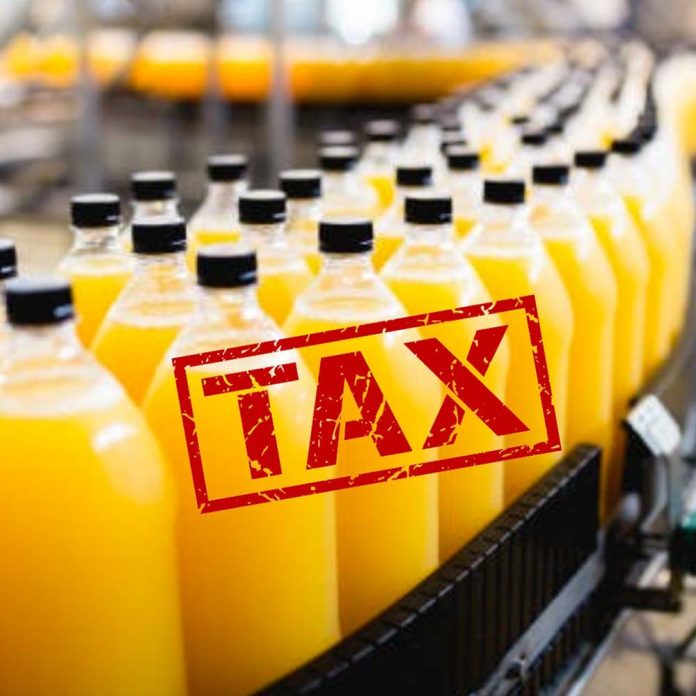There has been a 45% decrease in March and April 2023 volumes for the formal packages juice industry due to the implementation of 10% FED on juices in February 2023 through the Supplementary Budget. Not only does this have a significant impact on the business size and sales tax revenue but it also impacts children’s nutrient intake and farmers livelihoods.
The formal packaged juice industry contributes approximately PKR 14 billion in tax revenues, is adversely affected by these circumstances. Following the imposition of the 10% FED levy, industry sales are now projected to plummet to PKR 43 billion, a stark contrast to the anticipated growth to over PKR 70 billion based on the industry’s growth rate. This speaks volumes about the adverse impact of the 10% FED on the economy.
The imposition of this tax also impacts the fruit industry. Last year, the industry procured an estimated 100,000 tons of mangoes, along with other fruits, from local farmers specifically for the purpose of converting them into pulp. Anticipated post-FED implementation in 2023 includes a drastic reduction in fruit pulp purchase, decreasing from approximately 61,000 tons to 31,500 tons. This significant projected decline in volume by 50% will have adverse effects on the rural economy and hinder its formalization.
This shows that the livelihoods of fruit farmers will be impacted but this may also lead to an increase of fruit wastage, which we cannot afford, as a country. The formal packaged juice industry plays a crucial role in mitigating significant food wastage and safeguarding the livelihoods of farmers by procuring fruits in a timely manner. Furthermore, the industry has been actively assisting farmers in adopting best practices, leading to their upliftment and overall development.
Juices can be a great source of essential vitamins and minerals found in fruits to children particularly. With the reduction of juice consumption, the intake of essential vitamins and minerals will also reduce for many children across the country. For Pakistan, children are often deprived on appropriate nutrients, this is another negative impact of the additional taxes on children.
In summary, the additional taxes on juices not only impact the industry but many other stakeholders throughout the blockchain. From children to farmers and fruit, there is a negative impact on all of these. Perhaps that is why the government must reinvestigate this decision and look for better ways to make the juice industry a contributor to economic progress.


